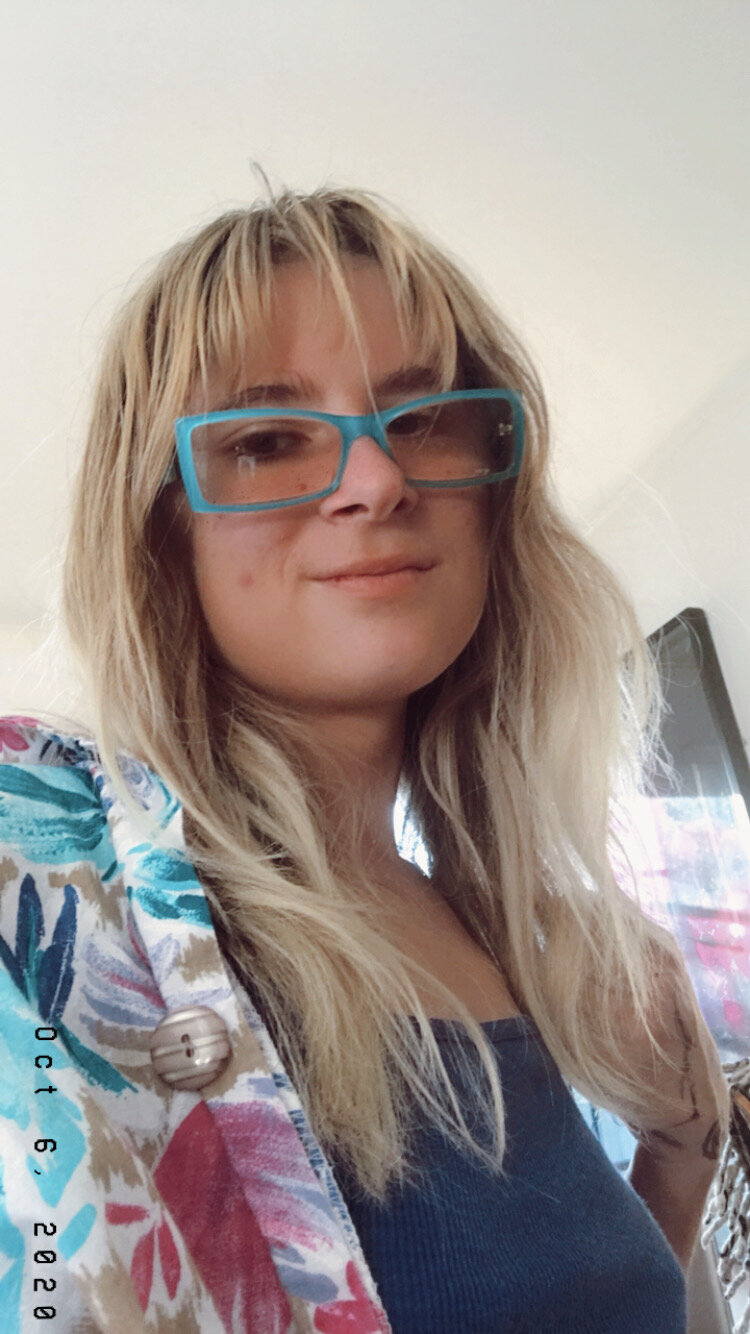The Change That Is Coming Will Test Our Adaptability. Get Ready.
11/17/18
I live in Los Angeles, and so far we’ve been sheltered from a disaster a few miles away. The latest fire season (the legendary fifth season - exclusive to California!) brought hellish air quality, loss of home and life, and bad tweets.
Around 60 people have died, and about 1,000 are still missing. And guess what? Y’know what’s great? It’s only going to get worse from here on out! A 50% increase in crispy, you want that? Yeah, no, neither do I. The numbers of the dead and missing are only going to rise each year. Fire season is normal for Californians, but this doesn’t feel normal. The fires of last year and this year are larger and more destructive. Cities have been burnt to the ground.
This is preventable. (The forest servicers are doing fine jobs, it’s not really their fault…) Currently, it is thought by Western scientists that planned, contained fires in woodlands and fields could help stave off terrible - but smaller - wildfires that then morph into huge urban fires. Incidentally, planning fires is exactly what the Native Americans used to do with their land - when white people came over, we freaked out and probably thought they were trying to set fire to our communities, and essentially banned the practice (until we “discovered” the idea). Native Americans were supremely clever, and I do not underestimate them, not at all (I am fully prepared to accept that they were more “scientifically,” “technically” aware than most white people think), but…how did they know? How did they find such methods? How did they really, actually know what they were doing was right?
They were right.
We have no idea how to “manage” nature properly. But now, there’s a different problem we have to face, beyond disconnected management. Climate change. No amount of controlled fire will fix this. This is a broad, unthinkable (but necessary-to-think-about), simple problem that moves far beyond fire.
But unity will fix climate change.
This week, for a disabled female body in L.A., has meant hunkering down, not willing to risk much outside time because of the air quality.
Hearing news of an apocalypse too close to home, yet not close enough to be personal…yet.
It’s like living on the edge of the world. It’s feeling a storm coming, something powerful, but it never comes. The feeling of needing to act is there, but the surface waters stay the same - smooth. Deep. Dark.
The apocalypse is never as big as you think. In all dystopian books, it’s just one country that’s affected…or even one city. In the real world, the apocalypse is: one town, one neighborhood, one person. The whole world doesn’t feel how you feel, no matter how much they should.
When an apocalypse comes, we should be ready to face it. Global warming is all of our responsibilities - New York affects California, Wisconsin affects Arizona, Florida affects France, the Netherlands affect French Guinea, India affects South Africa, Syria affects Italy, it’s simple, really - the world affects the world! And no one is alone.
No one.
Is alone.
We are all a part of this. Those who are affected by climate change most don’t have enough of the right resources to fight it, and because we see inaction from them (generally), we blame those of lower income and people of color instead of the systemic oppressors and pushers of capitalism. Now, you may have noticed - I’m all for everyone doing their part. No one can escape my fury. But it’s funny. When you don’t have a roof over your head, or you do, and you’re struggling to keep it that way, or you’re worried every day that those positioned in society to protect won’t do that for you, you just don’t think about years down the line - or even what’s happening now. So. We’re all a part of this. So we all lift each other up.
And no one gets left behind.
No country, state, city, person.
Here’s a very easy question to answer: Those numbers, the over-60 dead, the over-1,000 missing, from the effects of the California fire season. Do you want to raise those numbers, or lower them?
No matter where you live, you have work to do.
And the thing is, people keep asking what to do about climate change. No, no, no. That’s the wrong question. You know what to do. Lower greenhouse gas emissions. That’s basically it. I think what you’re really asking is how. How do you start?
The first step is to read, and listen, and support those around you who you feel could know more or care more. Second step, work on solutions. If that’s not your normal conversation topic; problem-solving, adapt to it, like we need to adapt to climate change. Adapt to critical thinking, and daily inspiration. Step three, action.
And then you just don’t stop.
It’s important that we remember what it was like, living through these events. It’s important we keep diaries, so in the future, the time of change is preserved. Every fire season, I’m going to write. Keeping track of deaths and homes gone. In the in-between times, every day I will think - How do I feel? Is the storm coming after all? - and every day, a problem will meet its solution.
See you on the other side of the apocalypse.
ZMKF
P.S. Here’s a helpful map that tracks the fires, and here’s where to donate to victims and survivors: https://connect.calfund.org/give/wildfirerelief http://www.cafirefoundation.org/programs/supplying-aid-to-victims-of-emergency/



